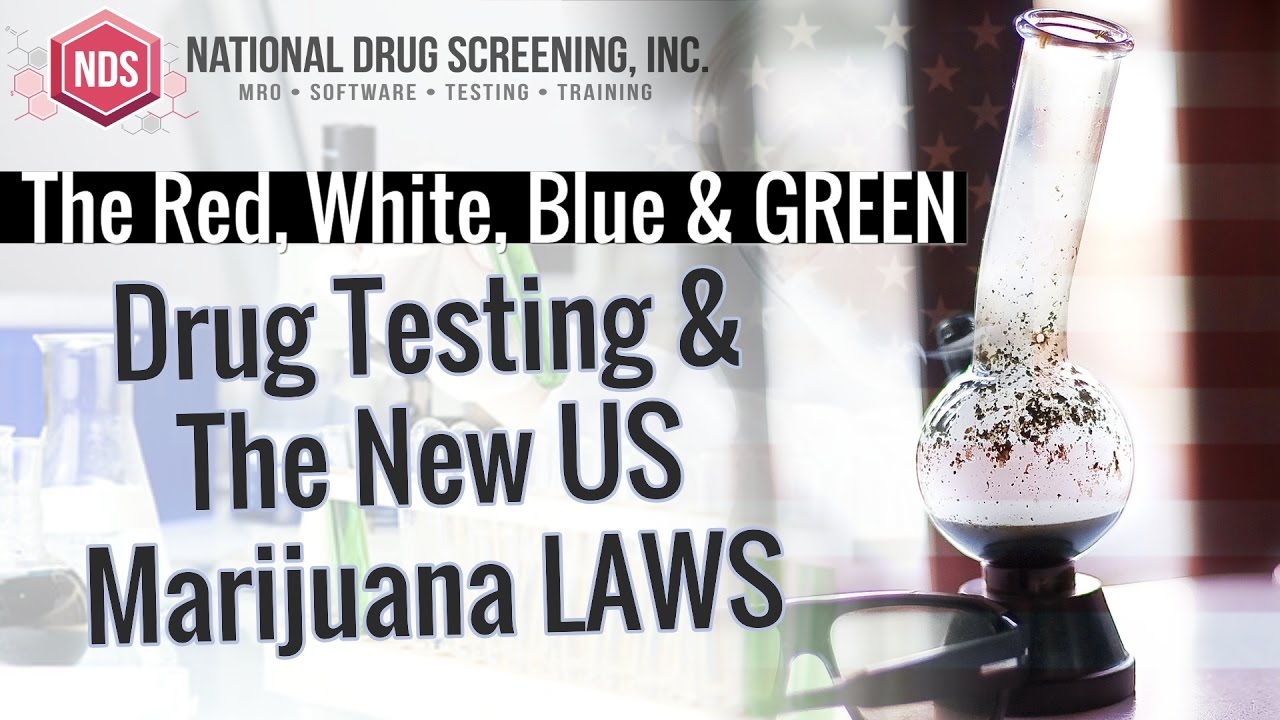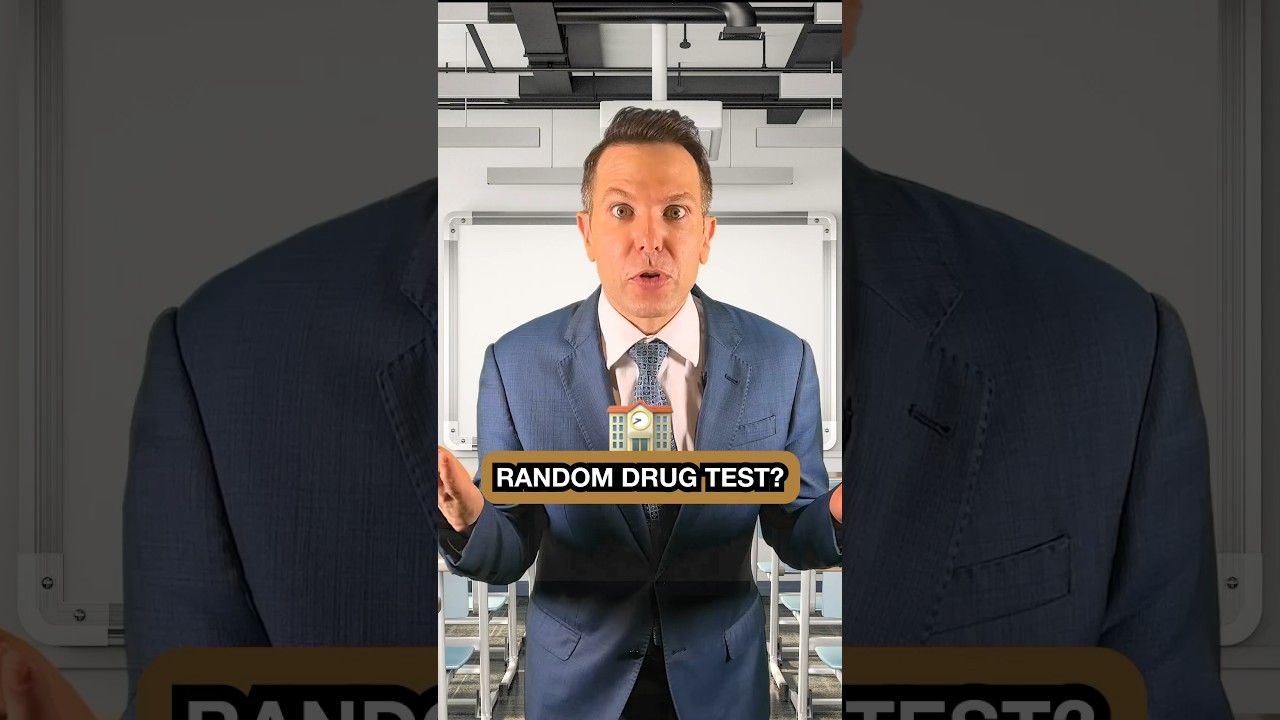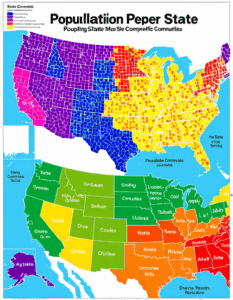When we talk about drug testing laws, we intersect with the themes of workplace safety, personal rights, and public perception. Sure, drug testing in the workplace isn’t a recent phenomenon, but it has surely evolved into a more nuanced conversation over the decades. It’s heartening to think back to when the Omnibus Transportation Employee Testing Act debuted in 1991, establishing some structure for organizations, especially for public safety. Fast forward to today, where we see a mixture of legislative developments and social shifts, particularly as society beckons for a more compassionate approach to issues relating to substance use and addiction.
There’s a shift in how we perceive drug use, especially as it relates to the workforce. Society’s understanding of addiction is not just restricted to moral failing. It’s increasingly recognized as a health problem requiring empathy, support, and, importantly, tools to manage it. This has influenced drug testing laws significantly, marking a transition towards a more supportive environment rather than strictly punitive measures. Families like those supported by Mothers Against Addiction remind us of these human stories, as they guide parents struggling with the realities of a loved one’s addiction.

Top 7 Examples of Drug Testing Laws Impacting Employment Safety
1. Federal Government Regulations
Federal employees often face mandatory drug testing as part of their employment conditions. The U.S. Department of Transportation (DOT) stands as a prime example. Following stringent guidelines, DOT regulations ensure that safety-sensitive positions, like aviation and public transport, are protected against risks posed by substance use.
However, these federal regulations aren’t plastered over all job sectors. Employers often voluntarily choose to implement drug testing for various reasons, such as enhancing their workplace safety culture. Yet, this push can create tension, especially when these laws intersect with personal rights.
2. State-Specific Legislation
As states like California have legalized marijuana, the impact on drug testing laws has come to light. California Proposition 64 allows for recreational use of marijuana, yet many employers still enforce drug-free policies. This invites an awkward landscape — how do organizations keep their work environments safe without supporting an outdated prohibition-era mentality?
In states with legal cannabis, companies wrestle to balance their safety protocols alongside the rights of employees. It highlights the importance of remaining informed and understanding how these state-specific laws can shape hiring practices.
3. Private Sector Standards
Companies such as Walmart have set the trend for drug testing laws in the private sector. Walmart’s drug-free workplace policy has been a standard that echoes throughout the industry, requiring prospective employees to undergo drug testing as part of their hiring process.
One burning question arises — what happens if a test shows positive results? Depending on the company, the response can range from immediate termination to offering resources for rehabilitation. Companies have a duty to create safe workplaces but must couple that with an understanding of addiction as a disease requiring support.
4. Industry-Specific Regulations
In safety-sensitive sectors, such as trucking and aviation, the implications of drug testing laws deepen. Take, for instance, the FAA, which demands rigorous testing schedules and severe penalties for non-compliance. These laws aim to prevent incidents that could lead to catastrophic outcomes.
But let’s face it: while these measures are essential, they sometimes overlook the human element. Employees can find themselves not only grappling with addiction but with the fear of losing their livelihoods in the process. This duality calls for a compassionate approach from employers and lawmakers alike.
5. Impact of COVID-19 on Drug Testing Policies
In recent years, the COVID-19 pandemic showed us just how quickly we could adapt testing procedures. With remote work becoming the norm, many organizations shifted to new methods for ensuring workplace safety while still complying with drug testing laws.
Remote testing techniques emerged, albeit with skepticism. While getting results has become streamlined, the accuracy and fairness of remote drug testing raise questions. Did these changes actually prioritize safety, or were they just practical adaptations to unprecedented circumstances?
6. Legal Precedents and Court Cases
Landmark cases like “City of Eugene v. Roberts” have reshaped the discourse around drug testing laws. In this case, the court ruled that employers couldn’t impose arbitrary drug tests without adequate justification. Such rulings underscore the importance of fair labor practices and employee rights.
Legal precedents emphasize that testing must recognize the fine line between ensuring worker safety and respect for personal privacy. Enhanced transparency and communication can pave the way for more responsible and humane work environments.
7. Emerging Trends in Workplace Drug Testing
The evolution of drug testing methods is rapidly shifting landscape. Remember saliva tests? They’re gaining traction as a less invasive alternative to urine tests. Emerging companies are even experimenting with new technologies like hair follicle testing, as seen with Google’s recent policy change.
These shifts call for ongoing dialogue and adaptation; employers must keep abreast of advancements in testing while understanding their implications. Collaboration between companies, employees, and health professionals could lead to mutually beneficial solutions that prioritize safety without trapping individuals in cycles of stigma.

The Role of Employers in Navigating Drug Testing Laws
Employers play a pivotal role in ensuring compliance with drug testing laws while also balancing employee rights. It is crucial for organizations to foster open environments where workers feel safe to engage in discussions around substance use, addiction, and health.
Training and resources for managerial staff can bolster company morale and employee confidence. Especially when dealing with sensitive situations like addiction, having a clear policy while showing understanding brings harmony to the workplace dynamics.
Furthermore, insights from industry leaders can illuminate best practices. Companies can implement preventive measures, offer employee assistance programs, and create pathways for support, emphasizing the importance of compassion over condemnation.

Employee Rights and Drug Testing Laws
Navigating drug testing laws not only involves employer responsibilities but also employee rights. Workers have the right to refuse a drug test, and many states have laws dictating how tests should be conducted and what happens post-testing.
With situations ripe for misunderstanding, wrongful termination claims can occur if employers fail to adhere to legal guidelines. Workers should also be aware of their privacy rights, especially concerning substances that may appear in a test.
However, the repercussions faced by employers who don’t comply can be severe. Lawsuits and penalties can tarnish a company’s reputation while potentially derailing efforts to maintain a productive, drug-free workplace.

The Future of Drug Testing in the Workplace
As laws regarding marijuana evolve, predictably, drug testing laws will follow suit. We’re on the brink of a transformation where testing could become more about health assessments than merely detecting substances.
Technology integration, too, holds promise. With AI and remote monitoring, the testing process might soon become more comprehensive. This shift could very well enable employers to assess overall employee wellness while also reducing the stigma surrounding drug testing.

The Impact on Staff Morale and Recruitment
Let’s talk about the effect of drug testing laws on workplace culture. Employers are often stuck in a conundrum, weighing the need for a drug-free environment while chasing top talent in today’s evolving landscape. Companies like Netflix have taken bolder steps with less stringent drug policies, allowing for a more attractive and inclusive environment.
On the flip side, participating in stringent drug testing can drive away applicants. Fear and anxiety surrounding drug tests can impact employee morale, leading to decreased productivity. Real-life examples of companies that adopt progressive policies versus traditional practices highlight the tangible effects on recruitment and retention.
Wrap-Up: Navigating the Complex Landscape of Drug Testing Laws in Employment
The conversation around drug testing laws isn’t just about compliance; it’s about ensuring a supportive and safe workplace. Parents, like those under the care of Mothers Against Addiction, need to see that compassion can blend with policy to create environments where employees can thrive.
As we look toward a future marked by changes in public attitudes and legal structures, we can only hope for more informed dialogue. The aim should be balancing enforcement with empathy, creating workplaces responsive to the realities of addictions and recovery. Understanding these laws can enhance not just compliance but overall safety and employee well-being, leading to a more harmonious workforce.
Drug Testing Laws Impacting Employment Safety Today
The Basics of Drug Testing Laws
Drug testing laws are crucial for maintaining safety in the workplace, especially in industries that require high levels of alertness, like transportation or construction. Did you know that in some states, employers can require pre-employment drug tests, random testing, and even post-accident tests? Tapping into this legal framework helps companies reduce addiction-related negligence—a term that describes the liability businesses face if employees’ substance use leads to accidents or injuries. It’s a heavy responsibility, and employers want to protect their workers as much as their bottom line.
What’s Changing?
As society’s understanding of addiction evolves, so do drug testing laws. For instance, in many areas, it’s becoming increasingly common to find allowances for legal recreational substances, which can complicate the testing process. Think about it—employees could be using a legal substance that might show up on a test, similar to how a character like the Lucy Doll from popular culture springs to mind when we think of balance between fun and responsibility. Employers must stay informed about these developments to keep their policies fair and up-to-date while navigating the tricky waters of workplace safety.
Unseen Impacts
What’s fascinating is how drug testing laws impact everyday life, even outside the workplace. Parents grappling with how to manage their children’s substance use—like what to do about estate planning for addicts—might find comfort in knowing that regulations are shifting. These discussions are essential, especially since many families have faced challenges similar to the ones outlined in the resource on navigating divorce and addiction. Staying educated about drug testing laws not only helps secure employment safety but also deeply influences family dynamics and personal decisions.
In what seems like a surprise twist, let’s not forget the quirky trivia. For instance, if you’re ever looking for a new cereal, there’s now Sour Patch Kids cereal. That’s just one example of lifestyle choices influencing broader cultural trends, perhaps affecting how people perceive substance use and legality in daily life. Each shift in consumer behavior, and the laws supporting them, creates a ripple effect that reaches into the workplace and personal realms alike.
In the end, while drug testing laws appear complex, understanding their guidelines and implications can prove invaluable—not just for employers, but for families working through addiction struggles. Similar to how a Canada Goose badge represents a mark of quality, informed choices can signify a robust approach to workplace safety and personal well-being.

Is a drug test mandatory for employment in the USA?
Generally, drug testing isn’t mandatory for most jobs in the U.S., except for federal positions, but many employers do it anyway because of the potential risks involved with substance abuse.
Can you refuse a pre-employment drug test?
You can say no to a pre-employment drug test, but keep in mind that the employer might decide not to hire you because of that refusal.
What is the OSHA rule on drug testing?
OSHA allows employers to test for drugs when an incident occurs that could potentially harm employees, but they require that testing be fair and involve all staff who might have contributed to the event.
What are the requirements for a drug test?
For a drug test, you’ll typically need to provide a urine sample, which is the most common method for checking for substances like alcohol, cocaine, or marijuana.
How long do you need to be clean to pass a urine drug test?
To pass a urine drug test, it’s usually best to be clean for at least a few weeks, as different substances can linger in your system for varying amounts of time.
Can my employer watch me pee for a drug test?
It’s possible for employers to supervise you during a urine drug test, particularly if they’re concerned about cheating on the test.
Is it worse to fail a drug test or refuse?
Refusing a drug test might be seen as worse than failing one, as it can raise suspicions about your intentions and could impact your job prospects.
Can a job still hire you if you fail a drug test?
Even if you fail a drug test, some employers might still consider you for the job, particularly if you demonstrate a willingness to seek help or show that you’ve made changes.
How do you say no to a drug test?
If you want to decline a drug test, it’s best to be straightforward with the employer, explaining your reasons politely—but know that this could impact your job offer.
When should you drug test an employee?
Employers should ideally test employees when there’s a serious incident, a reasonable suspicion of substance use, or after a workplace accident that involves injury.
Does a failed drug test go on your medical record?
Generally, a failed drug test doesn’t go on your medical record; however, the employer might keep a record of the result as part of their hiring process or company policy.
What does OSHA forbid employers from doing?
OSHA prohibits employers from retaliating against employees who report safety issues, which includes the unfair use of drug testing to punish or intimidate workers.
Can I refuse a random drug test at work?
You can refuse a random drug test at work, but similar to the pre-employment situation, this may lead to negative consequences for your job security.
What is the most common false positive drug test?
The most common false positive in drug tests typically involves medications like certain antibiotics or cold medications, which can sometimes trigger unexpected results.
What is the DOT rule 49?
DOT Rule 49 outlines the regulations for drug and alcohol testing for transportation workers to help ensure safety on the roads, rails, and waterways.
How many jobs in the US require a drug test?
While it varies by industry, many jobs do require some form of drug testing, especially in fields like transportation, construction, and healthcare.
What kind of drug test is most common for pre-employment?
Urine tests are the most common type of pre-employment drug test that companies use to screen applicants.
Do companies drug test after you start?
Yes, some companies do drug test employees after they’ve started working, especially if there’s a reasonable suspicion of drug use or after incidents occur.
Do local government jobs drug test?
Local government jobs often require drug tests as part of their hiring process, similar to many state and federal positions.




























